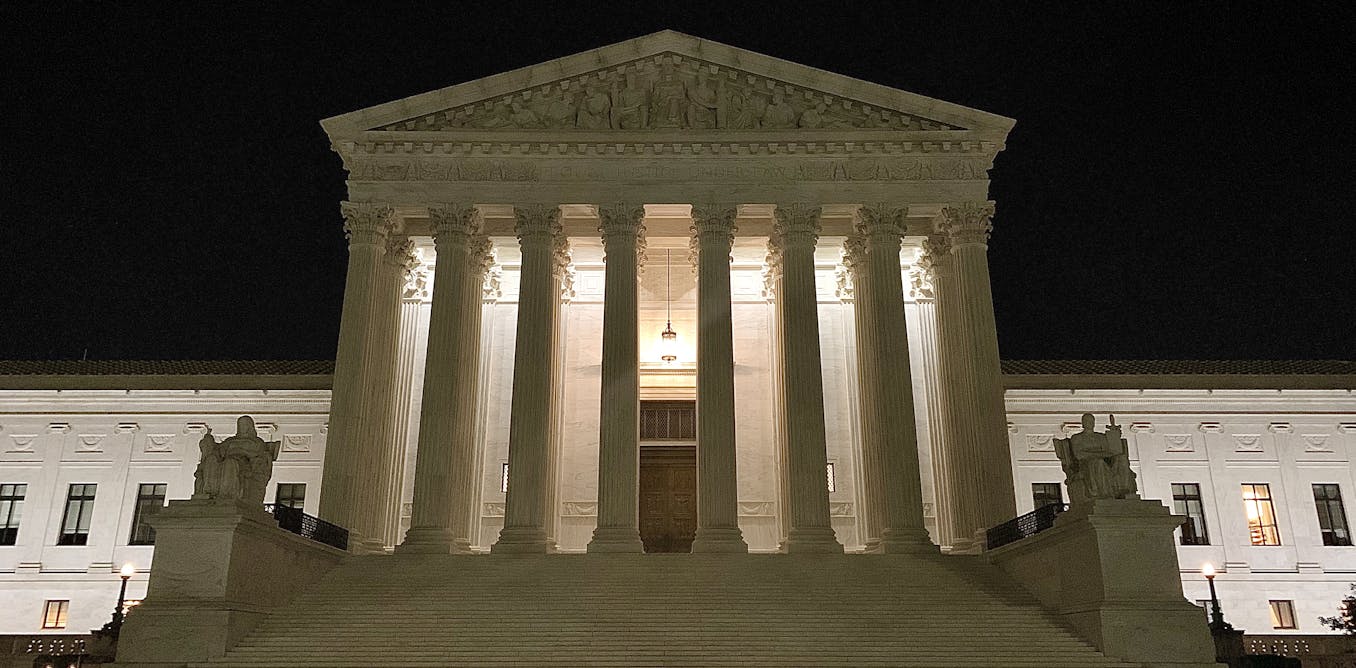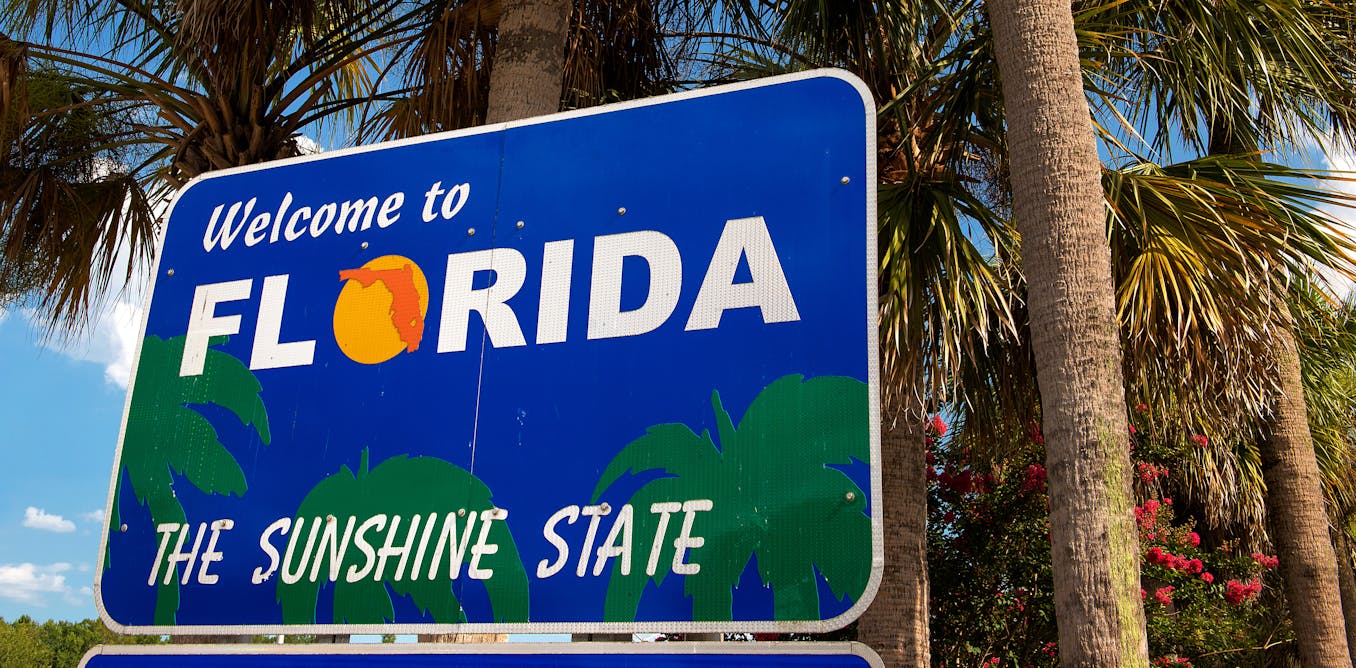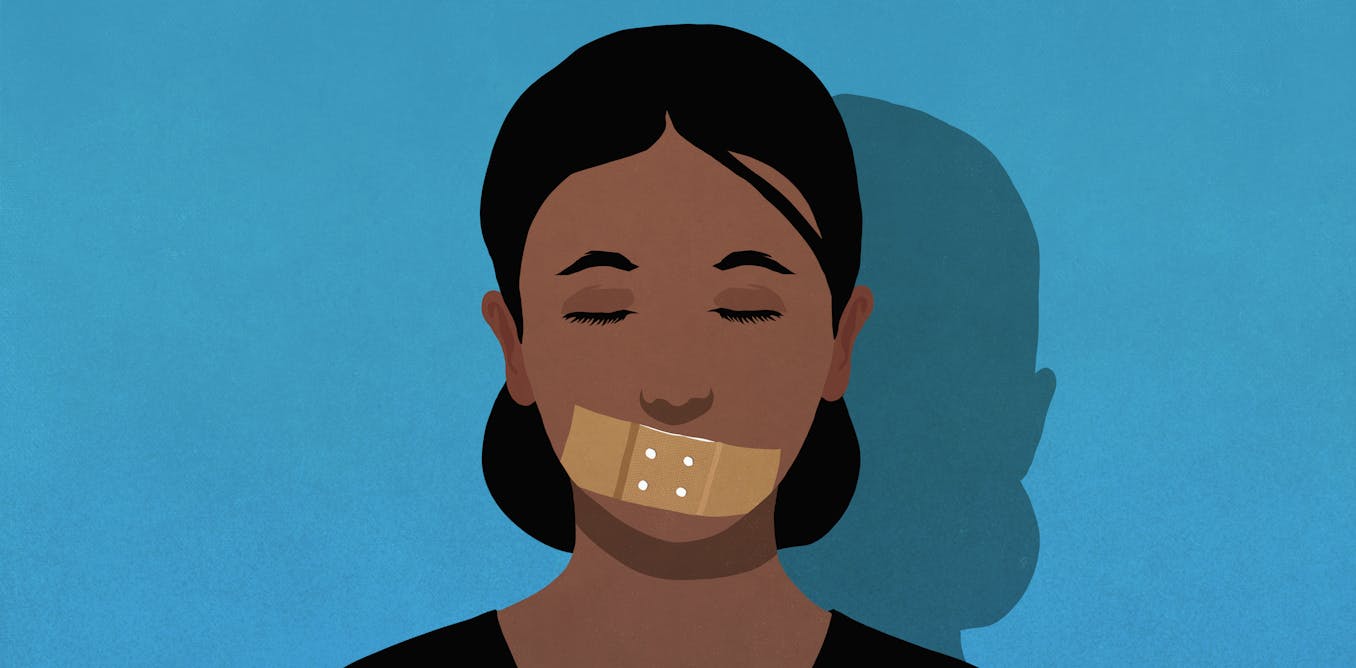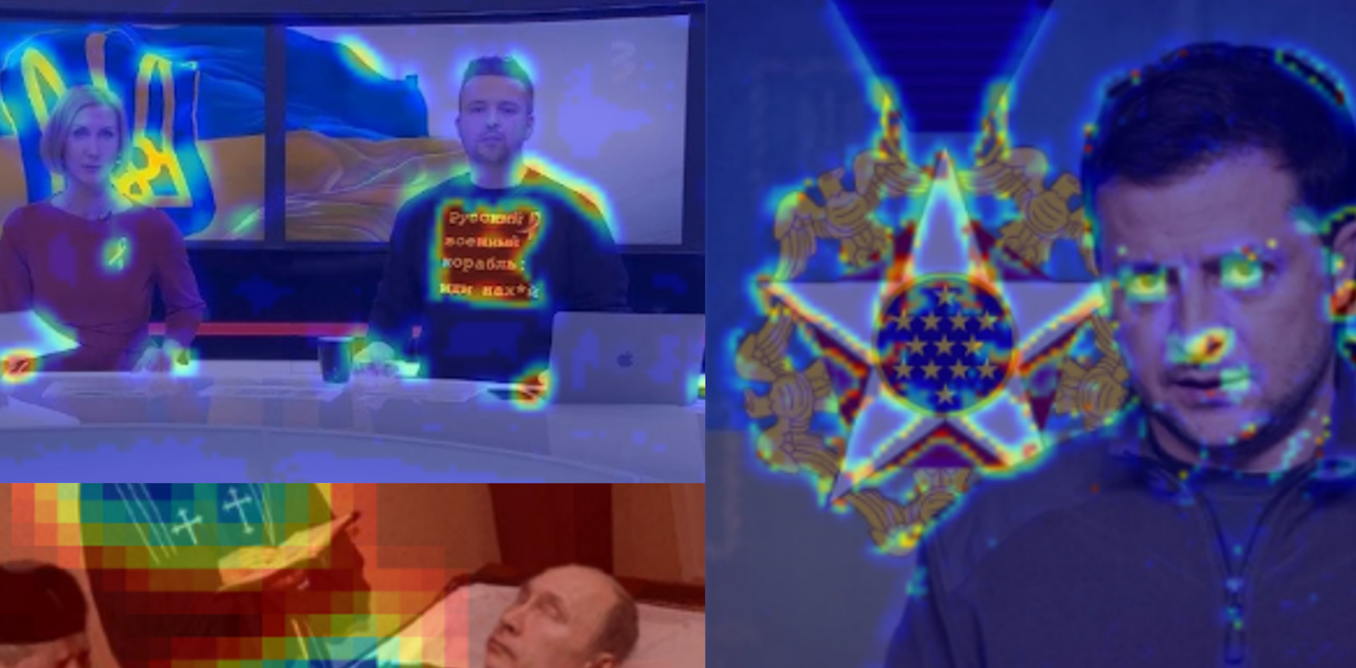The United States Supreme Court has handed previous president Donald Trump what may be the most favorable lawful determination he could have moderately hoped for in his fight towards federal prosecution for his makes an attempt to reverse the 2020 election final result.
Justices split together ideological strains in a 6-3 choice issued on July 1, 2024, in which the conservative-dominated court declared that a previous president has “some immunity for prison prosecution for official functions during his tenure in business.”
The majority’s use of the word “some,” however, obscures the extent to which its feeling ensures that it will be significantly extra complicated for distinctive counsel Jack Smith to prosecute Trump for steps taken all-around the 2020 election, a great deal significantly less gain that prosecution.
And based on the extent to which upcoming presidents acquire benefit of the breadth of legal protection the courtroom is granting, the ruling could also create basic shifts in the nation’s process of checks and balances among the the three branches of authorities and the ability of the authorized method to ensure the president complies with the law.
Joe Raedle/Getty Photographs
Route of the situation
At issue in the circumstance was regardless of whether the previous president could be prosecuted for steps he took associated to the 2020 election. Smith initially brought criminal rates against Trump in August 2023, alleging that Trump violated 4 legal statutes, such as conspiracy to defraud the United States, conspiracy to obstruct an official proceeding, obstruction of an official continuing and conspiracy from voters’ legal rights.
Trump argued in an charm that he could not be criminally prosecuted since he enjoyed absolute immunity for any “official acts” taken although in office environment.
Govt prosecutors countered that the president was not “above the law” and that, presented present safeguards in the prison justice technique made to mitigate politically enthusiastic prosecutions, Trump really should face lawful accountability.
U.S. District Courtroom Decide Tanya Chutkan before agreed with the federal government and dismissed Trump’s attractiveness in December 2023. The U.S. Court docket of Appeals for the District of Columbia Circuit agreed with her determination, composing in February 2024 that “President Trump has develop into citizen Trump” and for that reason savored no exclusive security from legal prosecution.
Right after at first refusing to listen to the case, the Supreme Courtroom agreed to acquire it on Feb. 28, 2024, and heard oral arguments on April 25, 2024.
The ruling comes soon after what appeared to quite a few an abnormal, even purposeful hold off.
Setting the boundaries
Creating for the the vast majority, Chief Justice John Roberts turned down Trump’s claim of absolute immunity from prison prosecution for formal functions taken though he was president, as nicely as the government’s claim that a former president is not “above the law” and can be criminally prosecuted for all steps done whilst in business office.
As an alternative, the courtroom dominated that some of the crimes that Trump is alleged to have committed are safeguarded by immunity, but other people may well not be.
The justices sent the circumstance again to the lower court to make a distinction concerning the alleged crimes that are now safeguarded acts below the court’s opinion and the ones that remain open up to prosecution.
The landmark viewpoint established typical boundaries all around how a lot of a president’s conduct is secured from prosecution. To do that, the court very first decided that a president is definitely immune for actions taken that are element of his “core” government functions. These contain the powers explicitly provided to him in the Constitution, this kind of as the pardon power and the ability to get rid of executive department officials, which are element of his “exclusive authority” into which neither Congress nor the judicial procedure may intrude.
For his noncore powers, which incorporate all these not particularly listed in the textual content of the Structure, these kinds of as the formulation of domestic policy, the court took a much more nuanced solution.
Trying to balance the “public fascination in reasonable and successful law enforcement” with the want of the presidency to work “vigorously” and absolutely free from panic of unwarranted prosecution, the vast majority held that the president has at minimum “presumptive immunity” for all acts that tumble inside the “outer perimeter of his formal duty.”
The courtroom did not clarify exactly what acts drop within this “outer perimeter.”
In an before scenario, Nixon v. Fitzgerald, for illustration, the courtroom determined in 1981 that previous President Richard Nixon’s directive though president to the secretary of the Air Pressure for how it really should be staffed and structured was within just that outer perimeter. In its impression in the Trump case, the court docket emphasised that as extended as the motion is not “manifestly or palpably” over and above the perimeter, it should really be viewed as official.
In those people occasions, the governing administration will have to display that there would be “no risks of intrusion on the authority and functions of the Govt Branch” prior to it can continue with a prosecution.
The court also ruled in the immunity case that the president enjoys no immunity from felony prosecution for nonofficial, non-public carry out.

Ricky Carioti/The Washington Submit by way of Getty Photos
Next prevent: Back to district courtroom
The justices claimed it was up to the district court docket to determine which steps the indictment alleged Trump took were “official” and which ended up “unofficial” and hence not shielded by immunity.
It presented a couple recommendations for the lower courtroom to follow.
1st, immunity really should extend to all steps that are in the “outer perimeter” of the president’s responsibilities. In addition, a president’s motive could not be section of the thought of whether or not an act was ‘offical” or “unofficial.” The court docket also emphasized that “testimony or private data of the President or his advisors” that were being similar to official carry out could not be made use of at demo to substantiate prison expenses for his unofficial carry out.
As a result of the belief, the nation’s to start with federal prison trial of a previous president will not get started soon. Depending upon how extended it usually takes Choose Chutkan to make the determinations about which facets of the indictment are however issue to prosecution, it could incredibly nicely be postponed until eventually right after the election.
And if Trump is reelected president, any demo would not come about right up until right after he still left workplace. He could also direct the Department of Justice to abandon the federal prosecution completely.
‘Law free zone all around the President’
Trump’s case was the 1st time the Supreme Courtroom experienced been asked to ascertain whether or not and to what extent presidential immunity prolonged to legal prosecutions of a previous president.
In dissent, Justice Sonia Sotomayor, joined by fellow liberal Justices Elena Kagan and Ketanji Brown Jackson, rebuked the vast majority, crafting that its conclusion produced a “law free zone close to the President.” Sotomayor asserted that the the greater part had overlooked the text of the Structure, misinterpret record and precedent, and made an “atextual, ahistorical, and unjustifiable immunity that puts the President higher than the regulation.”
In a separate dissent, Jackson argued that the court docket experienced invented a new sort of lawful accountability, underneath which the president – and only the president – was exempt from the prison legislation. In her look at, a upcoming president who requested the assassination of a political rival would have at least a “fair shot” at avoiding any prosecution.
It continues to be at least to some degree unclear how the ruling will impact upcoming presidents. If this circumstance from Trump is indeed, as the government has argued, a “once-in-heritage prosecution,” then the courtroom may well in no way once again be questioned to ascertain how the legal law applies to the nation’s chief executive.
If, on the other hand, the court’s decision frees upcoming presidents to act in corrupt, even prison methods, then the “rule for the ages” articulated in this impression will have a major affect on the separation of powers amid the a few branches of govt, possibly supplying far much more electricity to the president than has been the situation in the course of American historical past. That will have huge implications for the performing of the presidency and the balance, if not existence, of American democracy.




